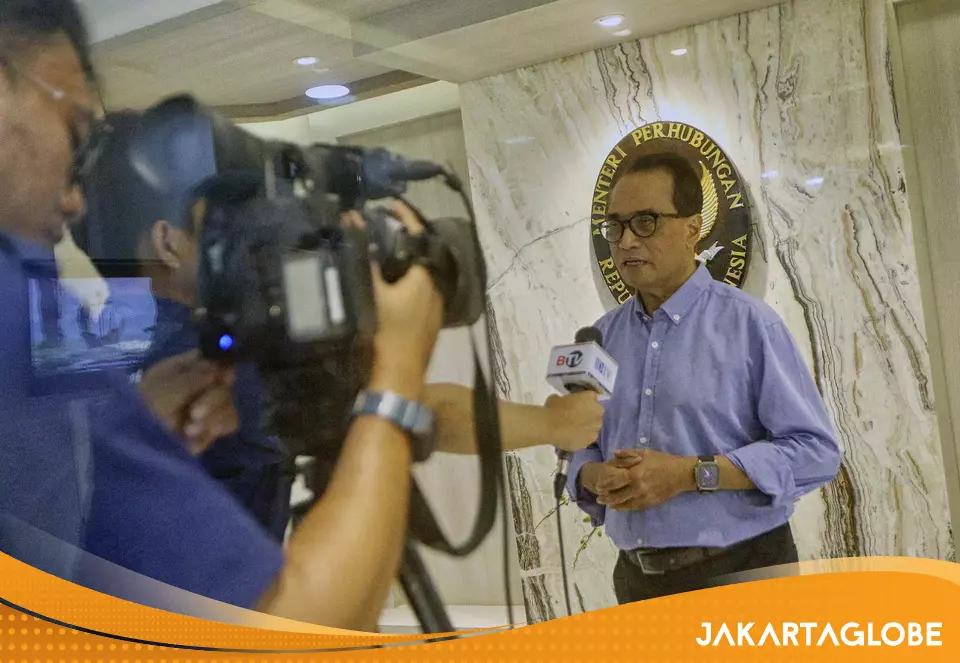Embracing Electric Vehicles: Indonesia’s Path to Sustainable Transportation
As the world increasingly turns its attention to sustainable practices, Indonesia is making significant strides in promoting electric vehicles (EVs) as a viable alternative to traditional petrol-powered transportation. Transportation Minister Budi Karya Sumadi is at the forefront of this initiative, advocating for a shift towards e-mobility that promises to benefit not only the environment but also future generations.
The Challenge of Adoption
Despite the clear benefits of electric vehicles, Minister Budi acknowledges the challenges that lie ahead in convincing the Indonesian populace to embrace this new mode of transport. One of the primary hurdles is the current cost of EVs, which remains relatively high compared to conventional vehicles. This price barrier makes it difficult for many Indonesians to consider making the switch to electric.
In a recent statement, Budi emphasized the importance of promoting green transport as a priority. He believes that early and consistent exposure to electric vehicles will help the public become accustomed to this new lifestyle. "This is a grand idea that will certainly benefit us all, particularly for the future generations. But I have to say it is not an easy task," he remarked, highlighting the need for a cultural shift towards e-mobility.
Environmental Impact and Goals
The push for electric vehicles is not merely a trend; it is a crucial component of Indonesia’s broader environmental strategy. The government has set ambitious targets to combat climate change, aiming for net-zero emissions by 2060 or sooner. A significant part of this plan involves increasing the number of electric vehicles on the road. By 2030, Indonesia aims to have 2 million electric cars and 13 million electric two-wheelers in operation.
As of May 2024, the country has made notable progress, with 144,547 units of electric vehicles already recorded. This figure, while still modest, reflects a growing interest in sustainable transportation options among Indonesians. Minister Budi has pointed out that the transition from petrol vehicles to electric ones could significantly reduce emissions, contributing to a healthier planet.
The Role of Government and Industry
To facilitate this transition, the Indonesian government is actively working to create an environment conducive to the adoption of electric vehicles. This includes investing in charging infrastructure, providing incentives for EV purchases, and collaborating with manufacturers to lower production costs. The government recognizes that a multi-faceted approach is necessary to encourage widespread acceptance of electric vehicles.
Moreover, partnerships with private sectors, such as B-Universe Media Holdings, are essential in promoting the benefits of e-mobility. During a recent visit from B-Universe’s management to his Jakarta office, Minister Budi discussed the importance of collaboration between government and industry to drive the EV agenda forward.
The Future of E-Mobility in Indonesia
As Indonesia embarks on this journey towards a more sustainable transportation system, the role of electric vehicles will be pivotal. The government’s commitment to increasing the number of EVs on the road is a step in the right direction, but it requires the collective effort of all stakeholders, including consumers, manufacturers, and policymakers.
In conclusion, while the road to widespread adoption of electric vehicles in Indonesia may be fraught with challenges, the potential benefits for the environment and future generations are undeniable. With continued advocacy from leaders like Minister Budi Karya Sumadi and a concerted effort from all sectors of society, Indonesia can pave the way for a greener, more sustainable future in transportation. The journey has begun, and the hope is that more Indonesians will soon embrace the electric vehicle lifestyle, contributing to a cleaner planet for all.

